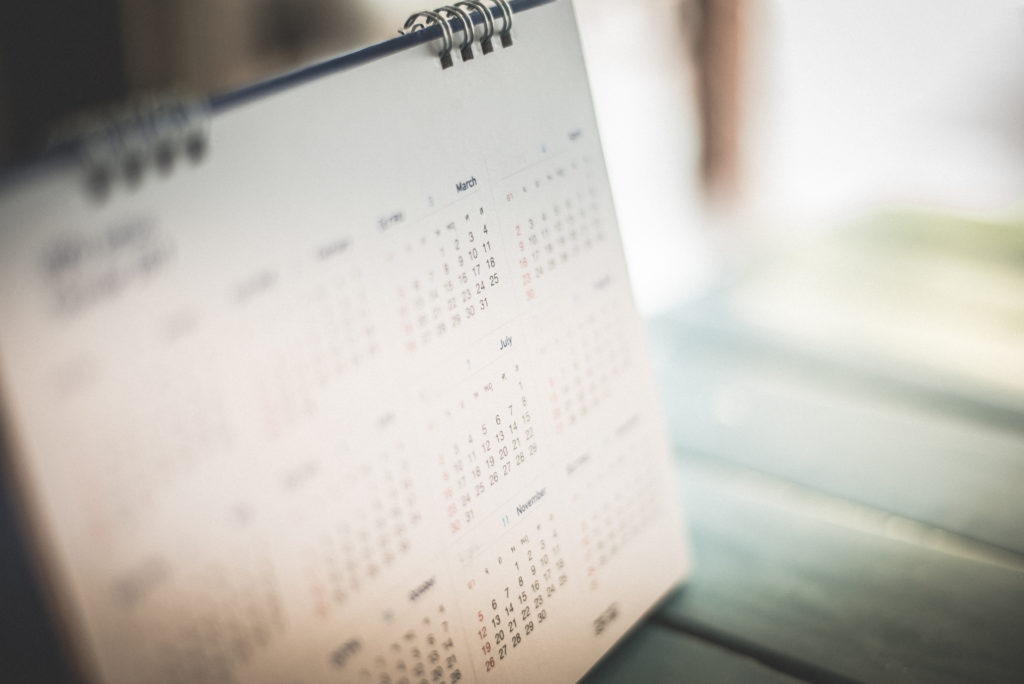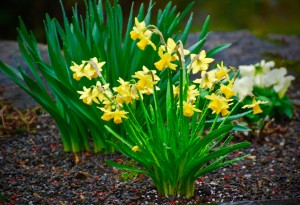The first Good Friday brought death and despair and shock to the band of followers of the prophet from Nazareth. On the day after — what we now call Holy Saturday — there was grief. And fear. And regret over what could have been done, what should have been done. And there was blame, plenty of blame, for whose fault it all was.
I used to muse about what it was like that first Holy Saturday, what it was like to be stunned by what had just happened. I imagined what it felt like to be overcome by the shadow of unexpected, brutal, solitary death. I thought about how, with all hope gone, time must have seemed to pass slowly. I pondered the fear in that Upper Room — fear that those huddled there might be next to die.
I don’t wonder any more.
Now, in the year of our Lord 2020, in the year of the Great Pandemic, it seems every day is that Saturday. I see death all around me and feel helpless to stop it. I am hunkered down in my Upper Rooms, admitting no one, venturing out only under exigent circumstances, hurrying back to the safety of my closed universe. I watch the news trying to figure out who is to blame and who I can trust. And I am afraid. I am afraid that despite all my precautions, that illness — and even death — will come for me next.
It is not all the time, of course. Most of the day I soldier on, working, cleaning, doing crosswords, cleaning, Zooming with friends and family, and then cleaning some more. But there are moments when I feel the weight of Saturday, when I see pictures of the unthinkable. Mass graves being dug for the dead, just miles from where I grew up. People, exhausted beyond measure, who are keeping the world running while we hide and wait. Funerals being held via cellphone. There are times when the water seeps through the cracks in the dam and I am overcome.
Of course, I know what the apostles did not know on that first Saturday.. I know that although the hours of grief and fear and confusion passed slowly that Saturday, they did pass. I know that on Sunday morning, when they unlocked the door and let Mary in, everything changed. The joy of seeing a risen Jesus overshadowed all the pain. How can you fear death when you have seen that He conquered it? How can you grieve for someone who is not dead? How can you blame yourself for betraying Him when He has forgiven you for it?
All that is true and I am profoundly grateful that I know what they did not. Yet, I think it is a mistake to fast-forward over Saturday to get to the happy ending. We are here, now, and it is right to mourn. After all, Jesus mourned for his friend Lazarus and saw death as the great enemy to be conquered. It is right to remain cut off from the world, for now, as the ultimate act of self-sacrifice for our neighbors. We should not be ashamed of fearing illness or death — Jesus Himself asked for the cup of suffering to be taken from Him.
I believe that God respects and honors our human experience. He doesn’t ask us to pretend that there is no pain in death or that we are not afraid. He doesn’t set up the false equivalence that faith is incompatible with feeling pain (it’s people who do that).
If you don’t believe me, read the Psalms. Every form of human emotion — anger, anguish, physical pain, mental torment, vengeance, jealousy, bitterness, you name it — is there, part of Holy Scripture. Yes, the Psalms always end in praise, and that is a great balm. But they tell me that God respects and welcomes the expression of our emotions.
In that spirit, I offer a Psalm for Saturday
My heart is broken, Lord.
for the sick and the dead, and those who love them.
for those who have seen their livelihoods vanish and struggle to provide for their families.
For those who are lonely
The unbelievers ask, “Where is your God?”
And then I see where you are.
Where you have always been, a breath away from anyone who calls on you.
The unseen hand comforting the dying and giving strength to the caregiver.
Inspiring your people to generosity and selflessness in a time of need.
Showing your immeasurable love on the Cross.
Standing outside an empty tomb, triumphant over this world’s pain and death.
And through my tears, I praise your holy name.
Just like that first Holy Saturday, this seemingly endless one will end, although we don’t know when, or how, or what the world outside our isolation will look like when it does. I do know two things. That God is with us now, in all our fear and confusion and grief. And that God will be with us on the other side, offering us a hope we never dreamed of.


 g after a lovely Easter dinner, I faced a kitchen full of dishes, pans, serving platters and glassware to put away. I put on some music and got to work. When I was done, I was delighted that the kitchen had been restored to order. I said with great triumph (to a cat that looked singularly unimpressed), “You’d never guess that anything had happened here.”
g after a lovely Easter dinner, I faced a kitchen full of dishes, pans, serving platters and glassware to put away. I put on some music and got to work. When I was done, I was delighted that the kitchen had been restored to order. I said with great triumph (to a cat that looked singularly unimpressed), “You’d never guess that anything had happened here.”